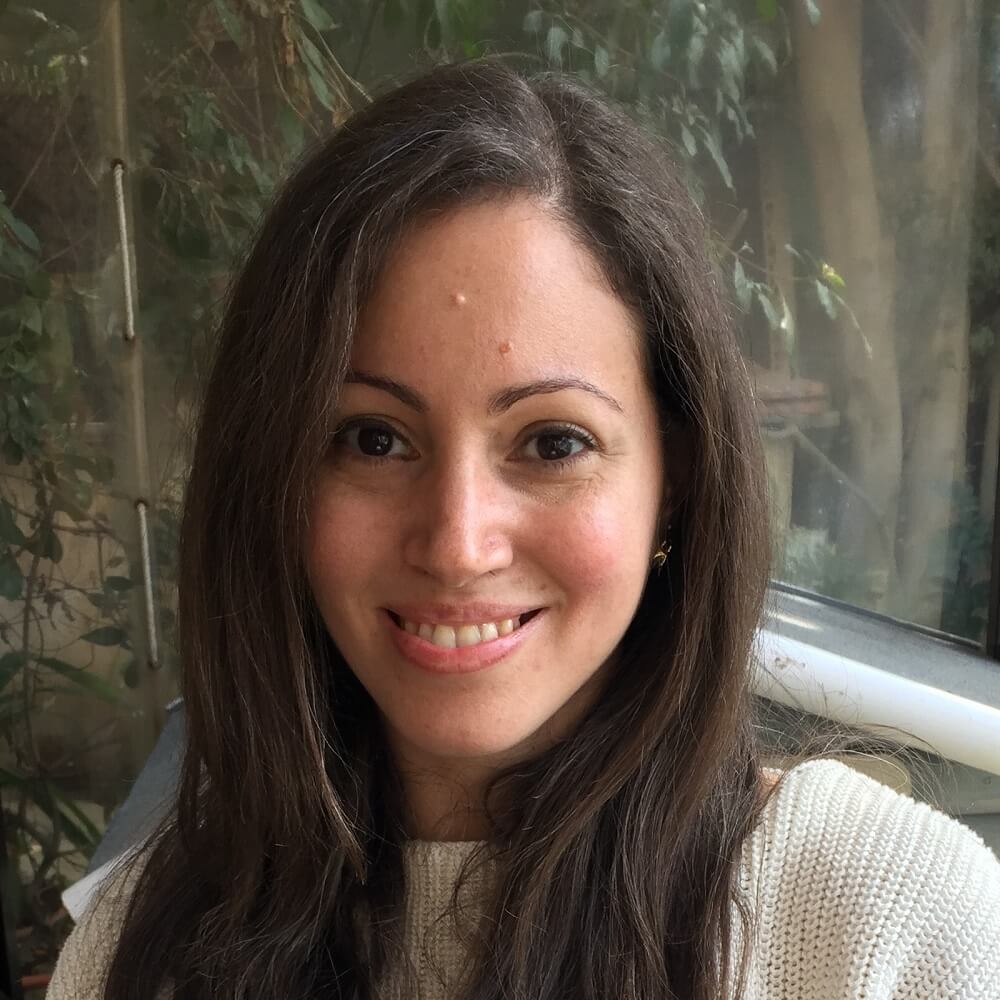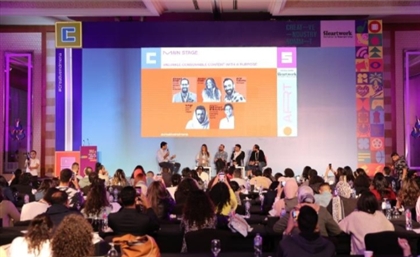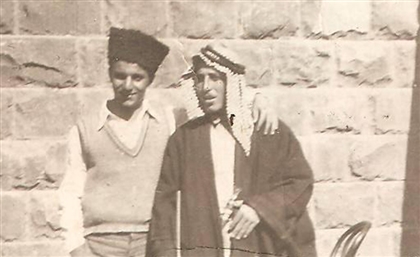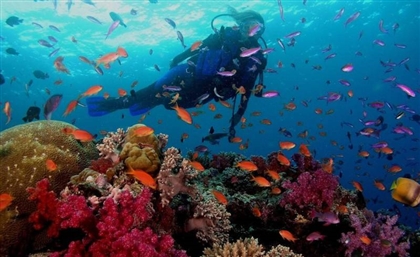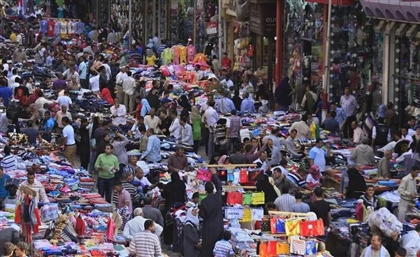Naviatx’s Hamzeh Ghosheh on Creating Safer Roads From Palestine
StartupScene spotlights Palestinian entrepreneur Hamzeh Ghosheh as part of our 'Entrepreneurship Without Borders’ series.
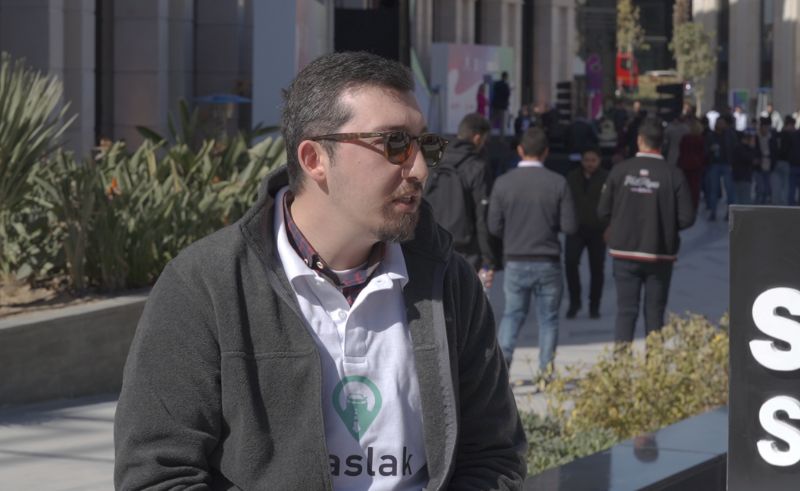
StartupScene teams up with Cairo Business Park by Misr Italia Properties at the Startup Without Borders summit to spotlight inspirational migrant entrepreneurs for a new limited interview series, ‘Entrepreneurship Without Borders’.
Our second guest, Hamzeh Ghosheh, is the founder of Naviatx, an auto insurance startup built to deliver safe driving experiences in the Middle East. Their app, Maslak, monitors drivers’ behaviour in order to encourage safe habits, and has been used by the likes of Nestle, Vodafone and Amazon throughout Palestine, Jordan, Saudi Arabia and - more recently - Egypt.
An MBA major with a focus in finance, Palestinian entrepreneur Hamzeh Ghosheh got his lightbulb moment after seeing his friend’s daughter struggle with receiving insurance claims soon after getting into a car accident. Studying in the US at the time, he wanted to find a way to reward safe drivers and make insurance practices more transparent.
“During my studies in the U.S, my friend’s daughter got into a car accident, and the insurance company kind of hid behind the justification of we don’t know what happened, she might have been over speeding, she might not have been looking properly,” says Ghosheh. “So, they tried as much as possible to escape the liability and not pay the compensation.”
That’s when Ghosheh and his partner, Abdullah Sabri, decided to launch Naviatx in December 2020. Today it has an estimated 5,000 drivers on its platform, and is aggressively growing its business to reach more drivers across the region.
CREATING AN APP
Unlike other tools that generate user data, Naviatx’s newly launched app, Maslak, operates in a similar way to how so-called ‘black box’ technology works.
“Maslak uses smartphone sensors to gather driving data like speed, acceleration, and distractions,” he says. “For example, if you’re using your phone while driving, doing hard cornering or hard braking, all these data points, called telematics, the phone has to do it instead of the hardware. This was also developed in a way that doesn’t use a lot of battery and internet data.”
Once the app gathers data, drivers can then share this information with their insurance providers to opt for more personalised insurance premiums, which can lead to reduced costs.
But Naviatx is not only available for those looking to lower their insurance premiums. The startup also works with companies eager to monitor their drivers’ behaviour.
“When you’re an employer, you may have a vehicle that is being used by three different drivers so you have to know who’s causing product loss, because when you’re doing hard turns, products such as milk or juice can spill for example,” he says. “It’s also important for companies to know who uses more gas, because their foot is heavier on the gas pedal or on the breaks, which often results in increased maintenance costs for vehicles. So, instead of a vehicle lasting five years, for example, it lasts for three years, making them lose value on that investment.”
Since launching two years ago, the startup now works with a wide range of businesses including fleet owners, and companies in the delivery, insurance and petrol sector.
OVERCOMING CHALLENGES
Raising investments is challenging for most startups, but for Palestinian entrepreneurs it is even more arduous.
While startups in MENA raised a total of $3.94 billion in funding in 2022, startups in Palestine raised $2 million during the same period, according to Wamda. Most of the funding went to the three biggest startup destinations in the region- UAE, raising $1.85 billion, KSA receiving $907 million and Egypt recording $736 million in investments.
“We have one VC fund in Palestine and if for whatever reason you don’t meet the criteria, then you would be out of options,” explains Ghosheh.
Although grants are available for Palestinian founders, they often come in small amounts and require entrepreneurs to undergo several months of training, which can be time consuming in relation to the funding amount.
“You would compete for a grant of $5k, which doesn’t’ cover much, and almost any grant or funding opportunity in Palestine is conditioned that you would take a certain training, that ranges between three to eight months,” explains Ghosheh. “Sometimes, it becomes more of a burden than an opportunity, especially when you go through these trainings over and over again. It becomes super redundant. But again, you need to spend the time and effort to show commitment so that you qualify for the grant that you’re applying for.”
It is for this reason that Ghosheh decided early on to bootstrap the startup, opting to rely on growing customers in key markets to not only be sustainable, but also profitable in the long term.
MARKET OPPORTUNITIES
Despite the challenges of operating in a country like Palestine, Naviatx was able to develop its product, Maslak, and scale quickly across the region.
Working with the Palestinian Capital Markets Authority (PCMA), the startup was able to build the app from scratch and test it in one of the world’s most unique markets.
“Having tested and proven Maslak in a place like Palestine made it super easy to test it and prove that it works in other more established infrastructure countries,” he says. “That actually helped us scale, because Palestine is an extreme case, and once we cracked that algorithm, we were able to scale much faster and ensure that the data that we’re collecting and generating in other countries is super accurate.”
To continue scaling, Naviatx is setting up shop in Egypt to expand its reach in the country and grow its user base. It is partnering with semi-governmental entities like The Egyptian Road Safety Training Center and The Egyptian Compulsory Insurance Pool (ECIP). “Through the ECIP alone we were able to reach more than 60 million potential users, who are every single Egyptian and non-Egyptian policy holder,” he says.
Naviatx’s arm in Egypt will focus on customer service, marketing, and technology to further grow the platform and enhance its features.
But ultimately, Ghosheh is looking to become a beacon of road safety in the region. He hopes to soon publish annual reports showcasing Naviatx’s contribution to reducing the number of fatalities and car accidents in the Middle East.
“We want to back up our claims with numbers,” he says. “We want to make sure that we’re not putting a price tag on a human life, to push safety forward and ensure that being a safe driver is rewarded. We want to become the new ISO for drivers on the road.”
- Previous Article 9 On-Screen Mums Who Have Won Egypt’s Hearts
- Next Article Egyptian Embassies Around the World



